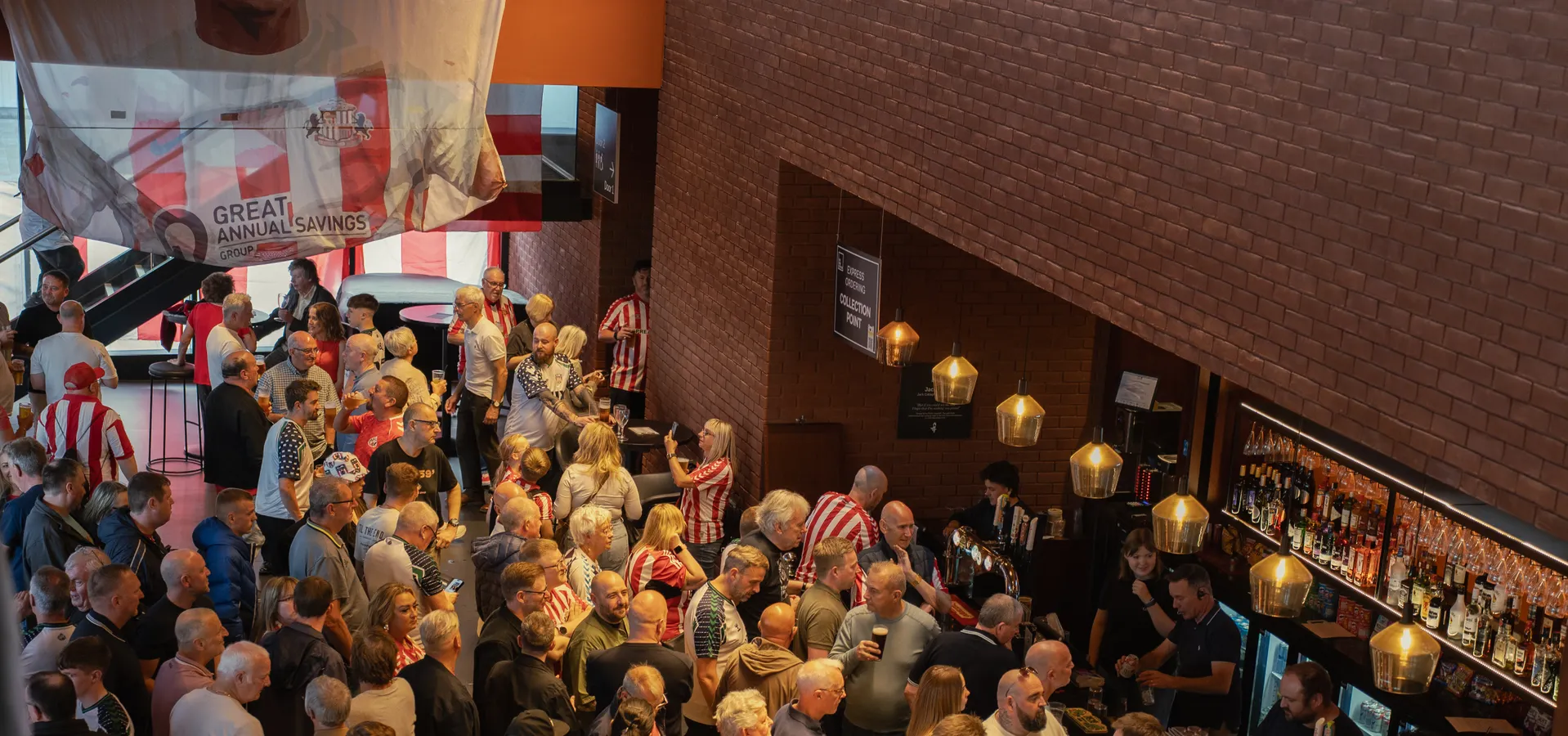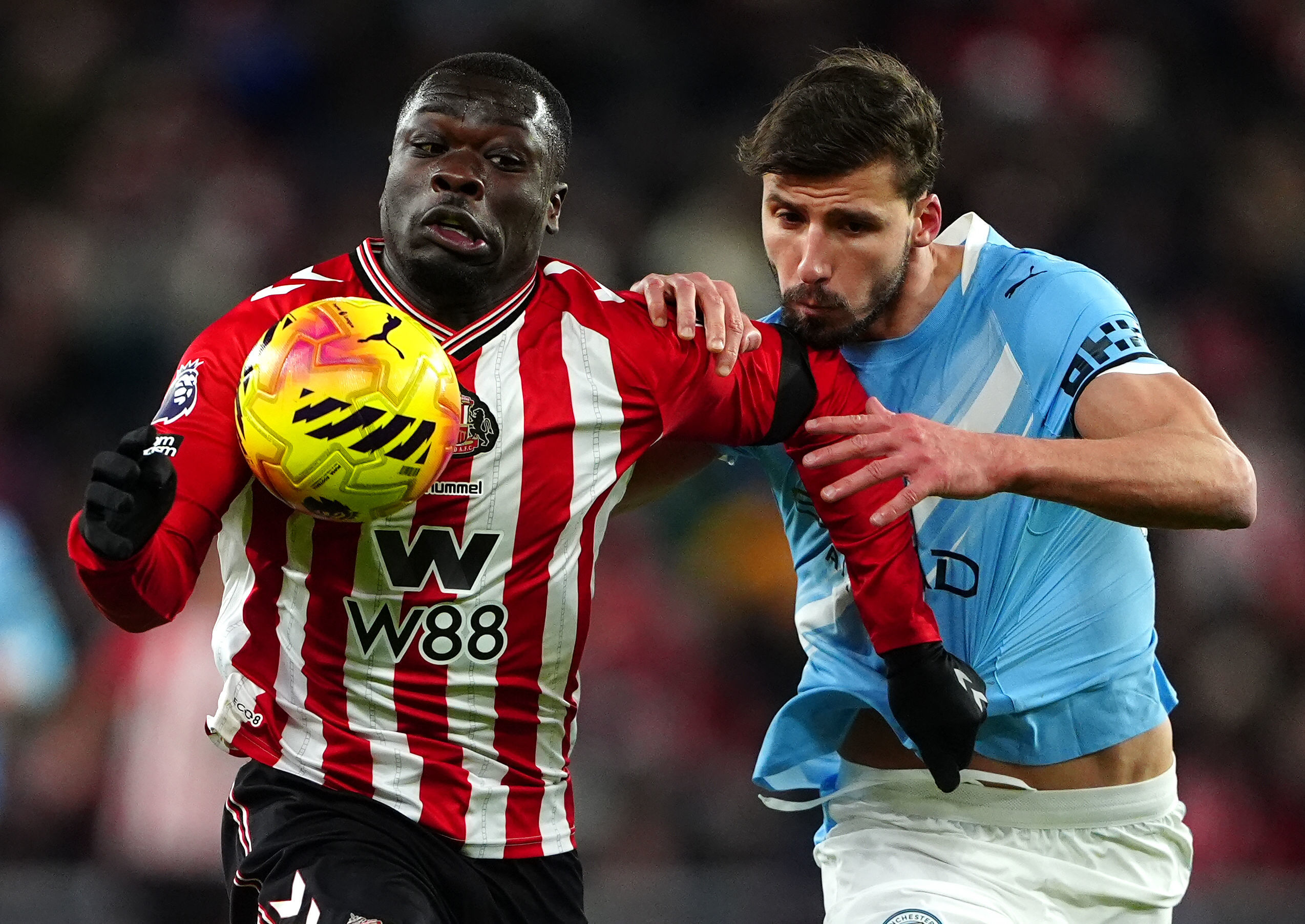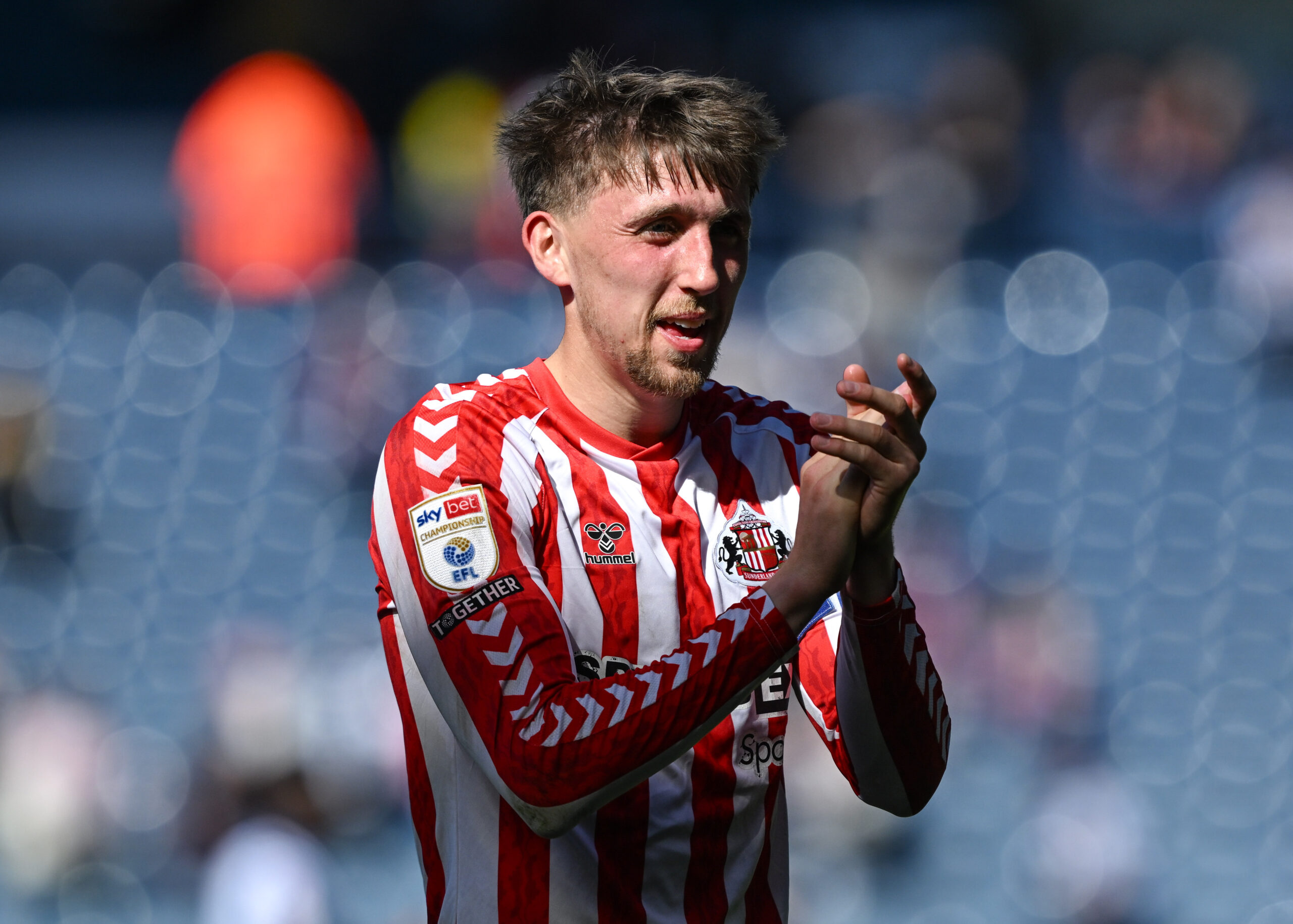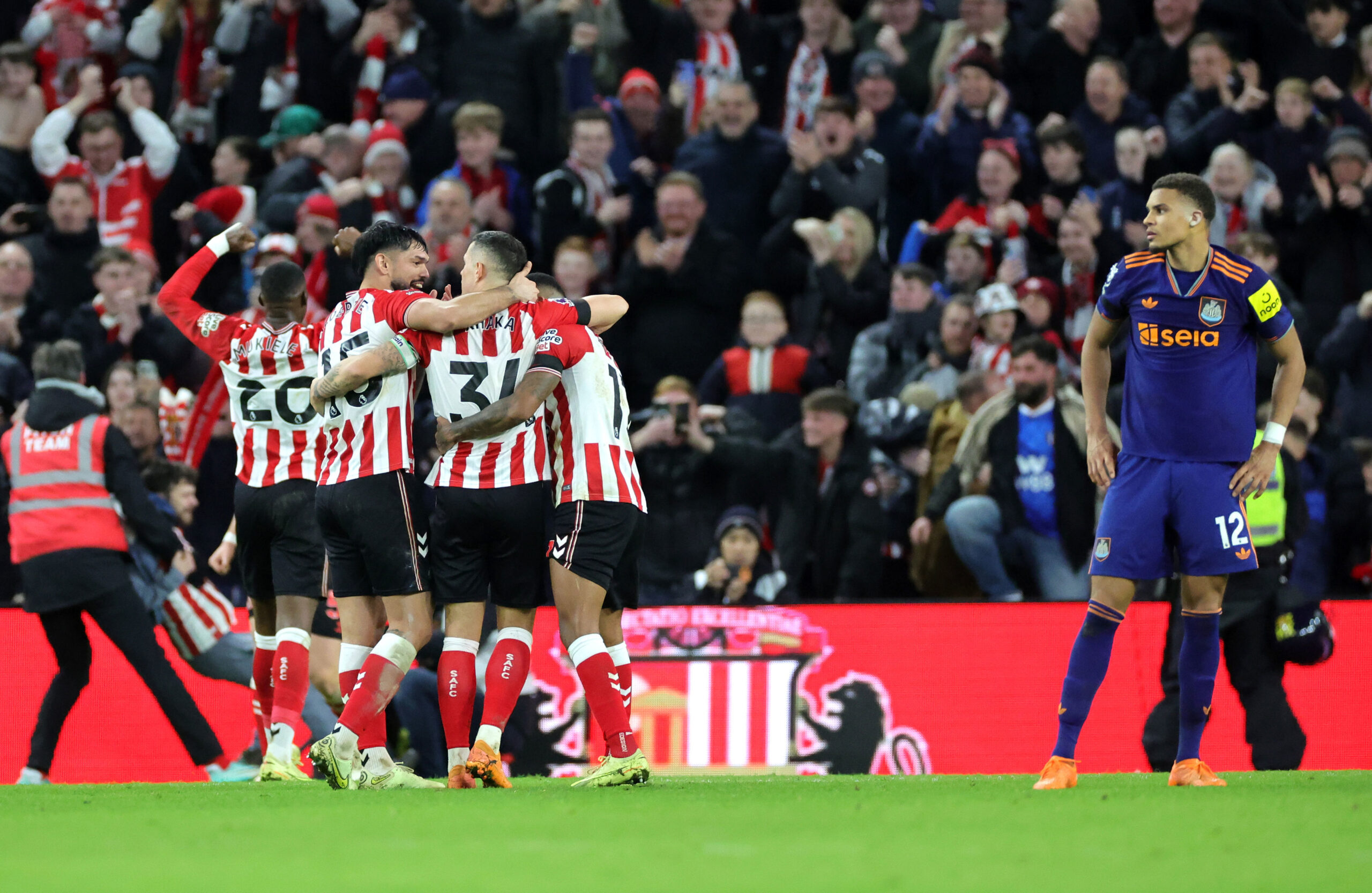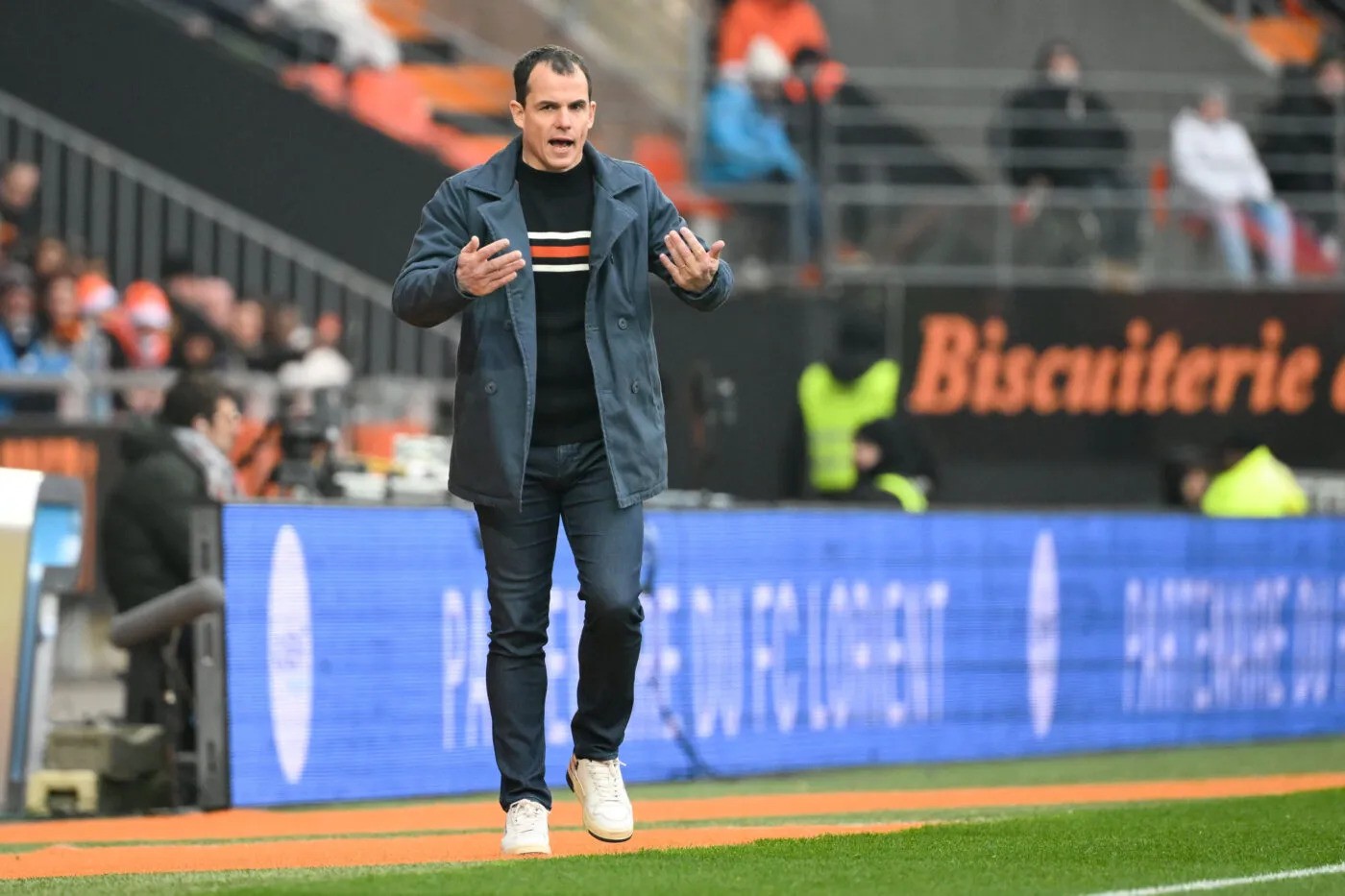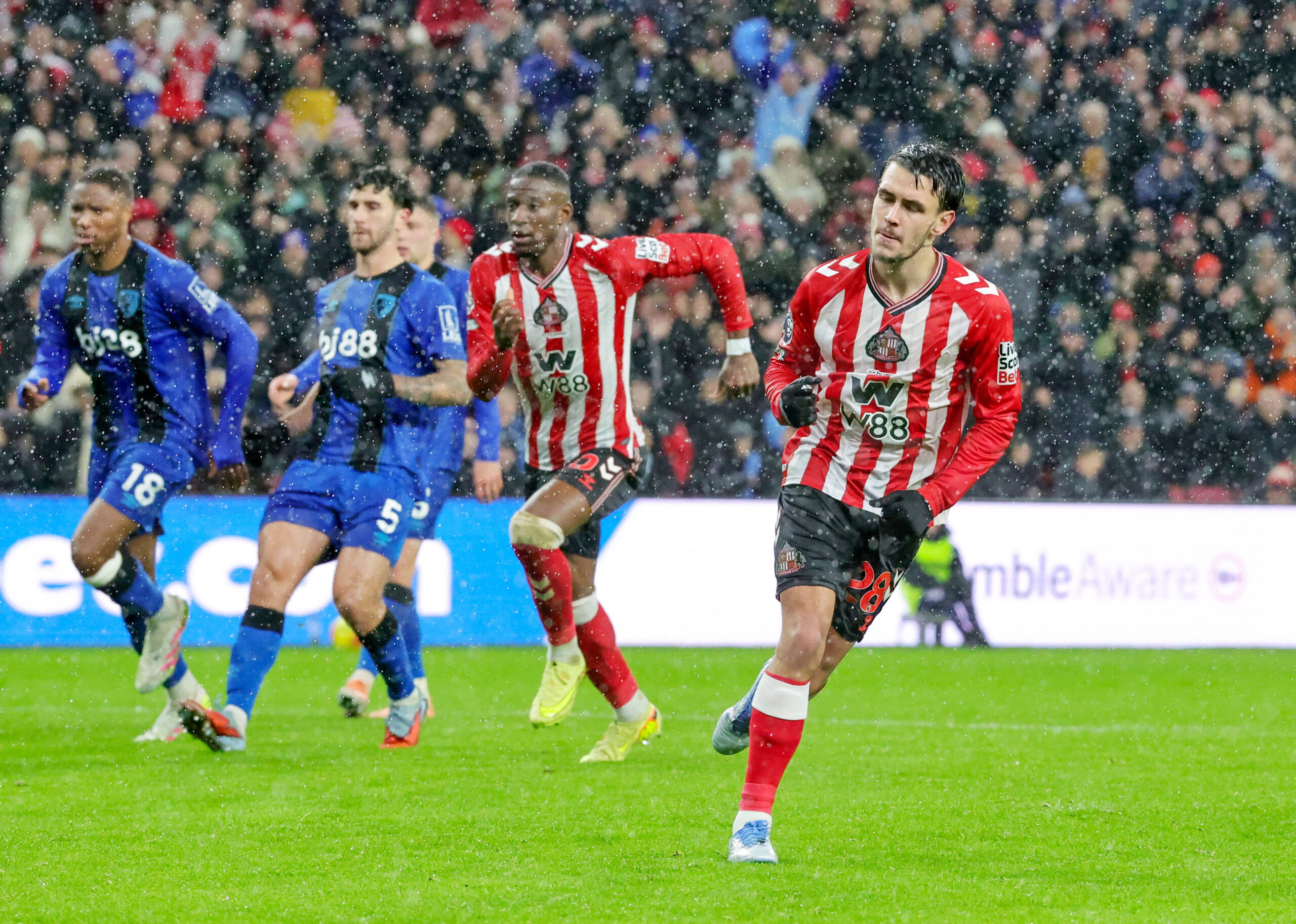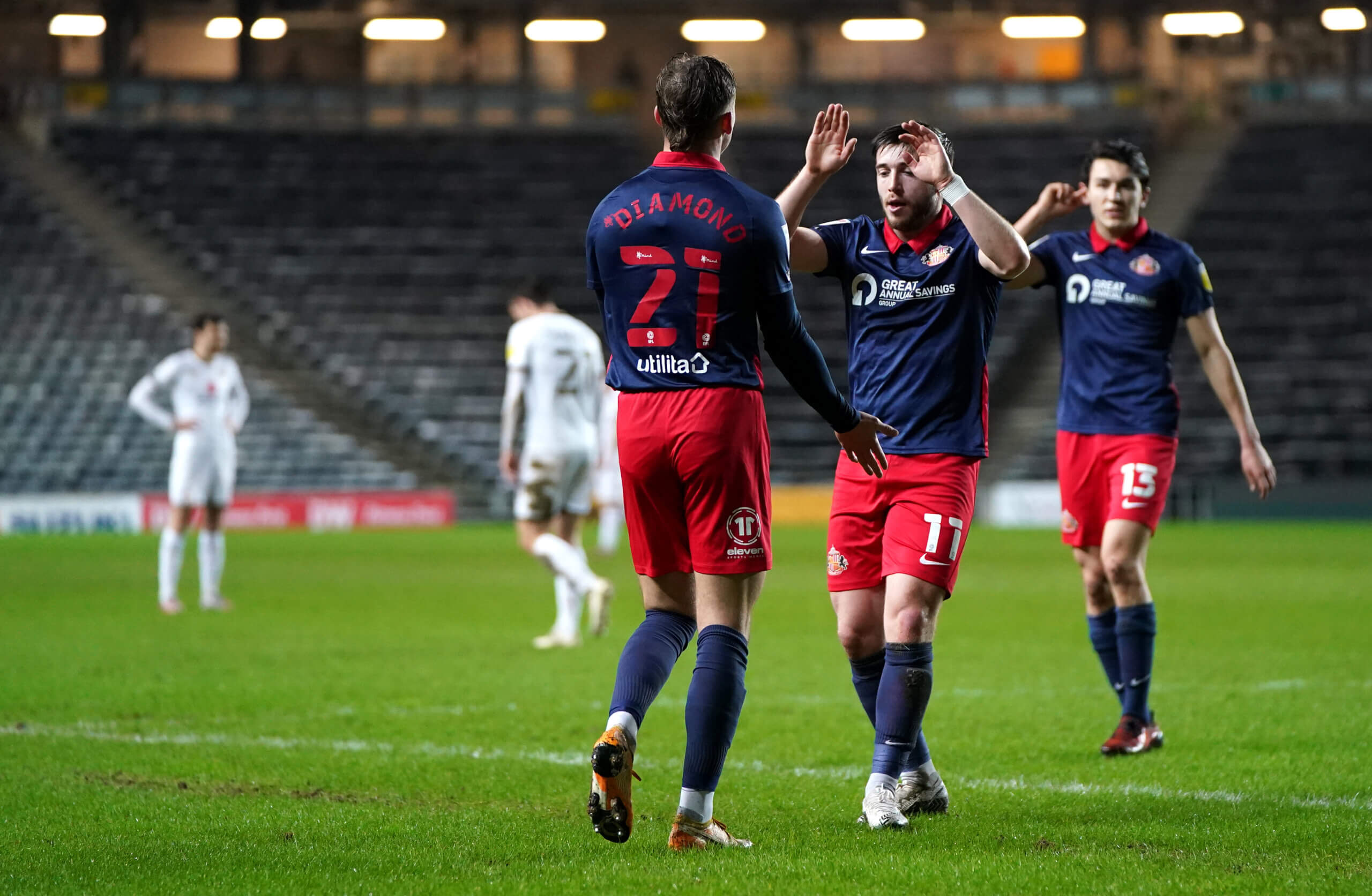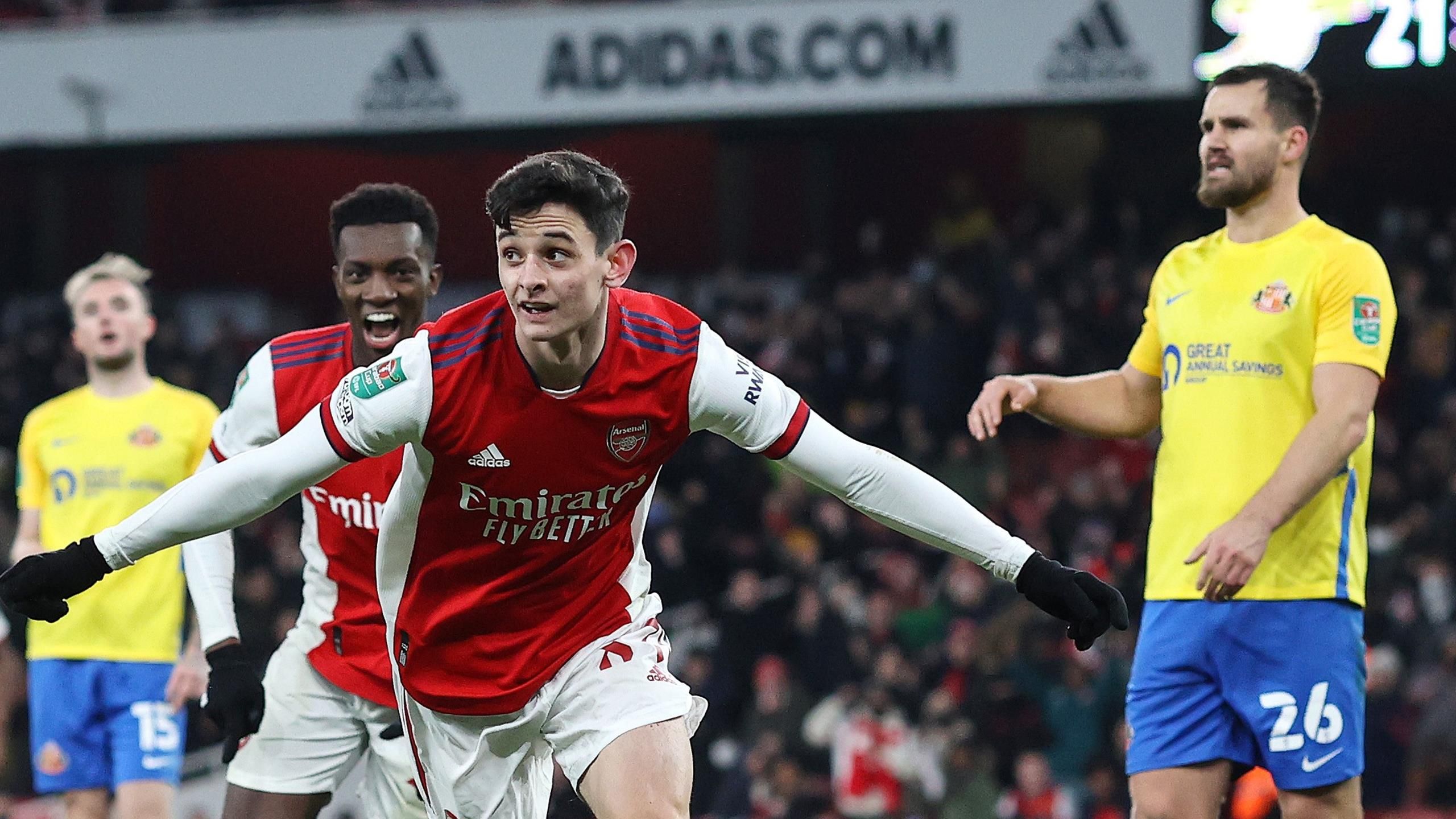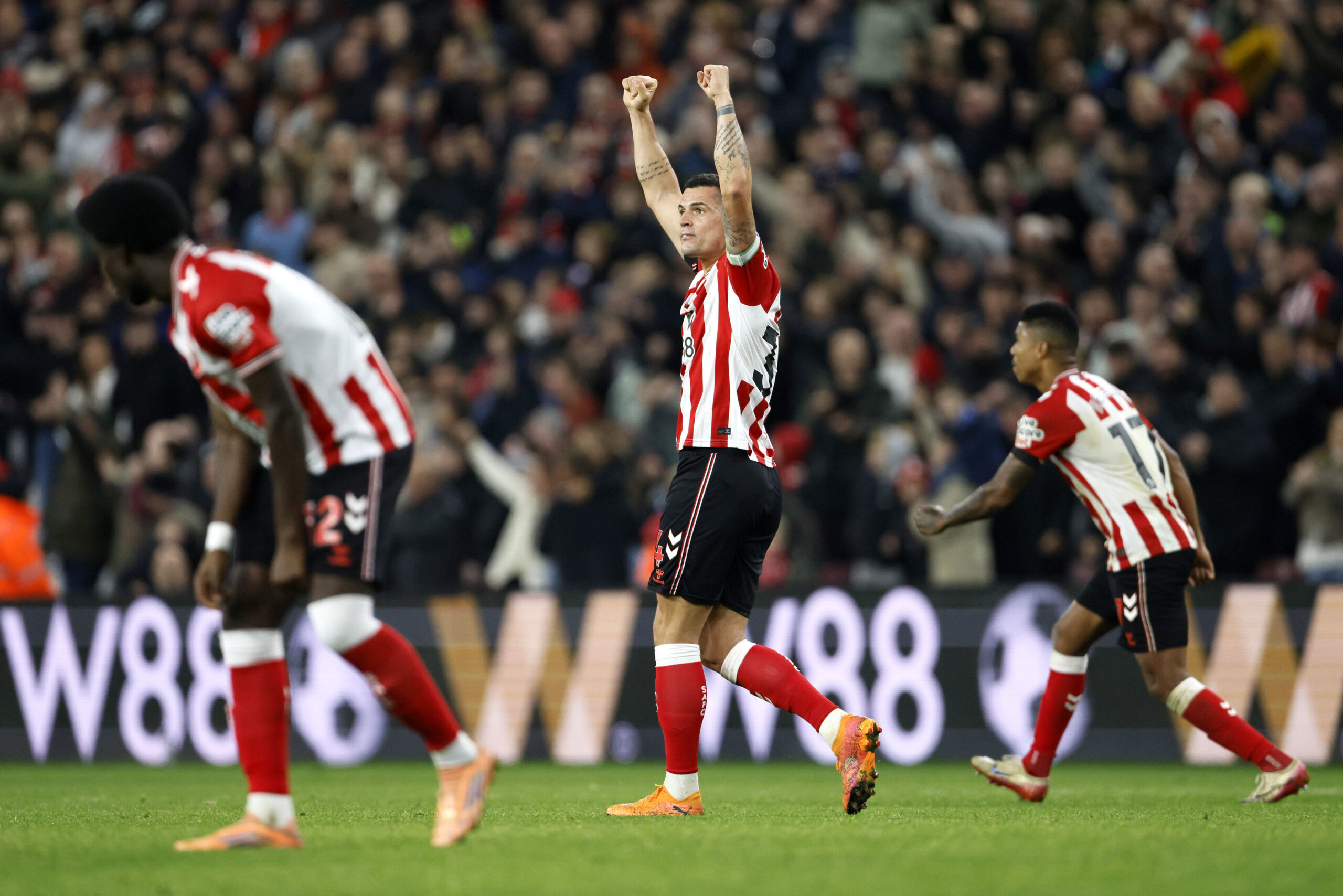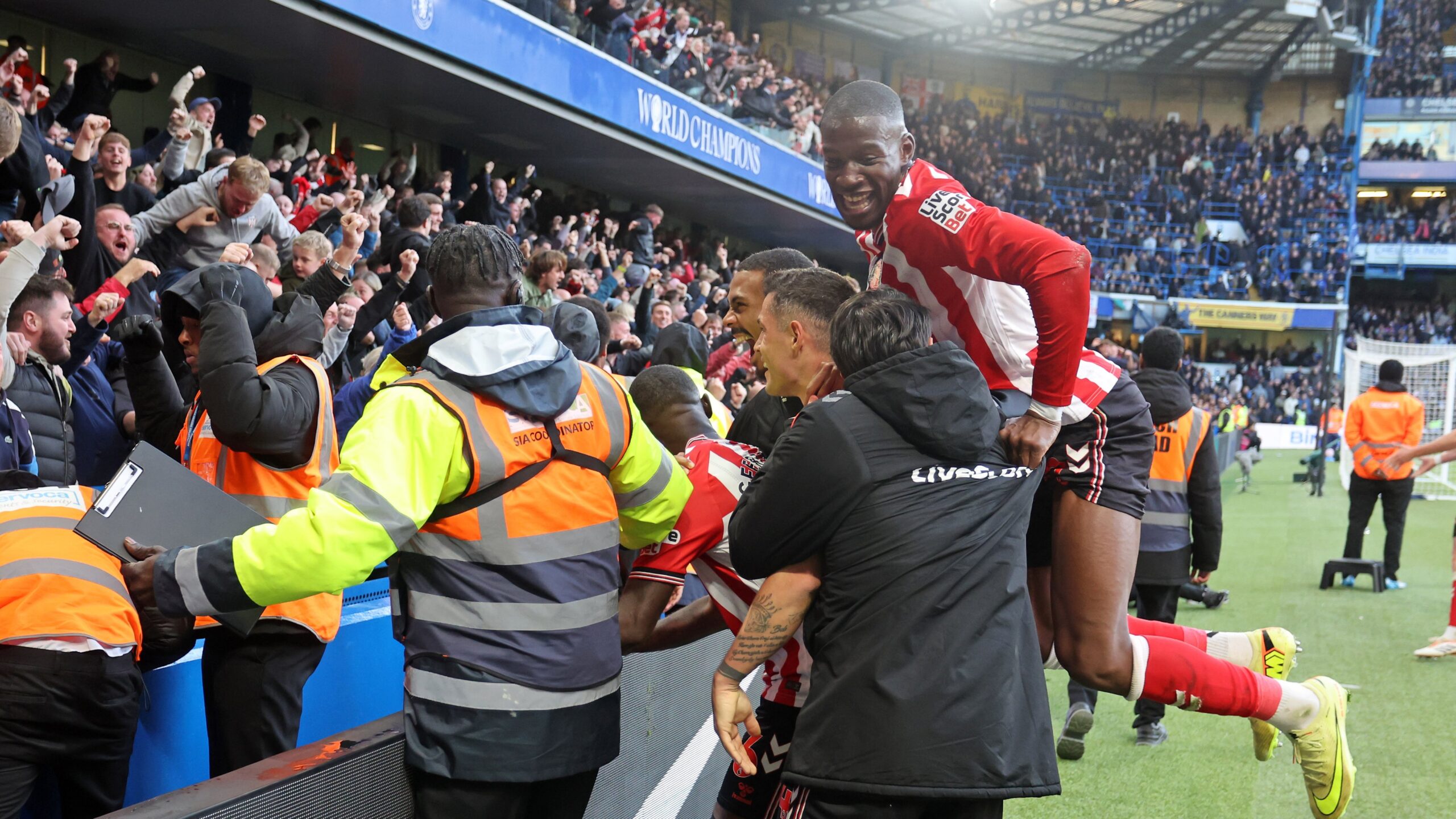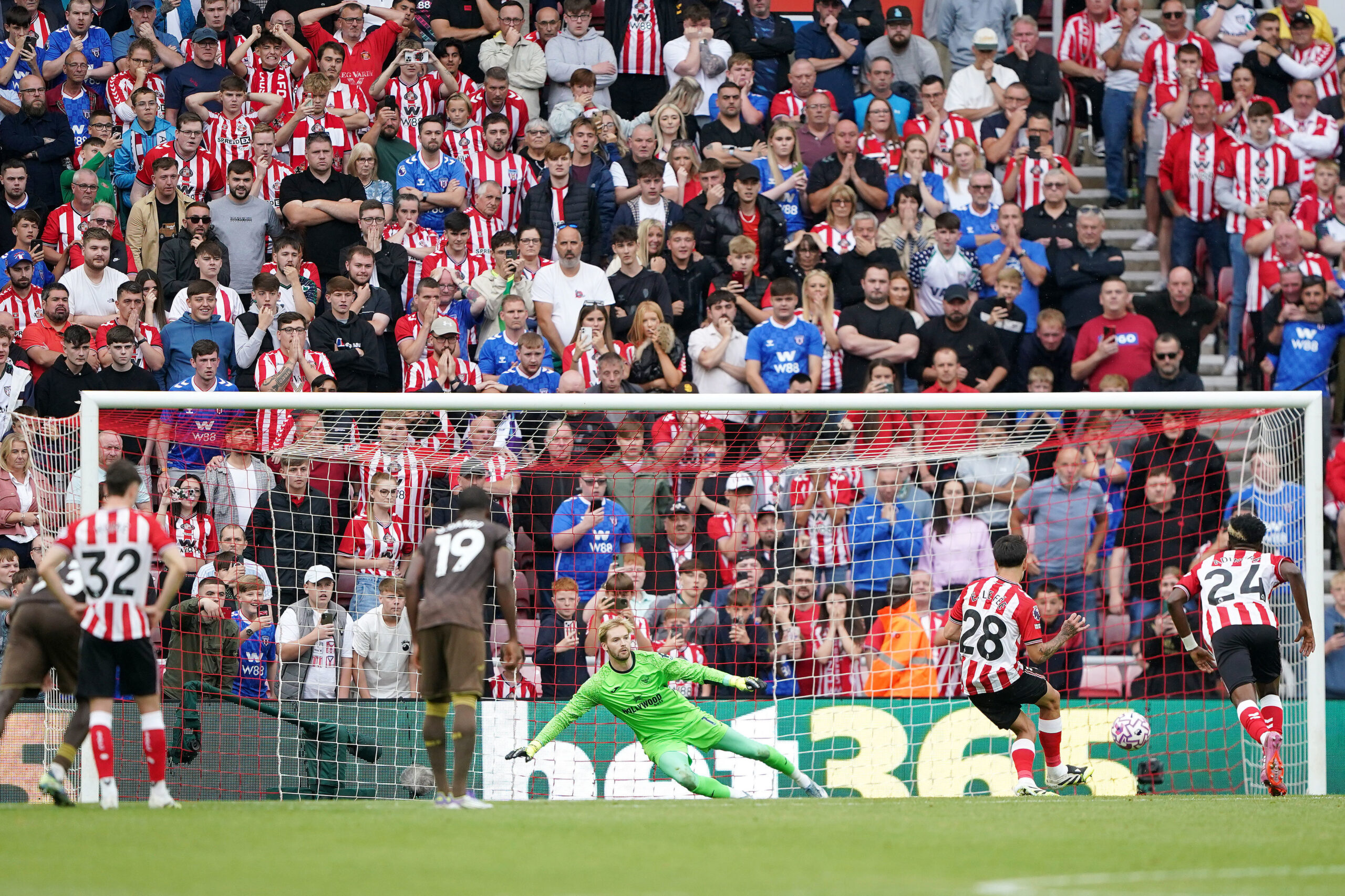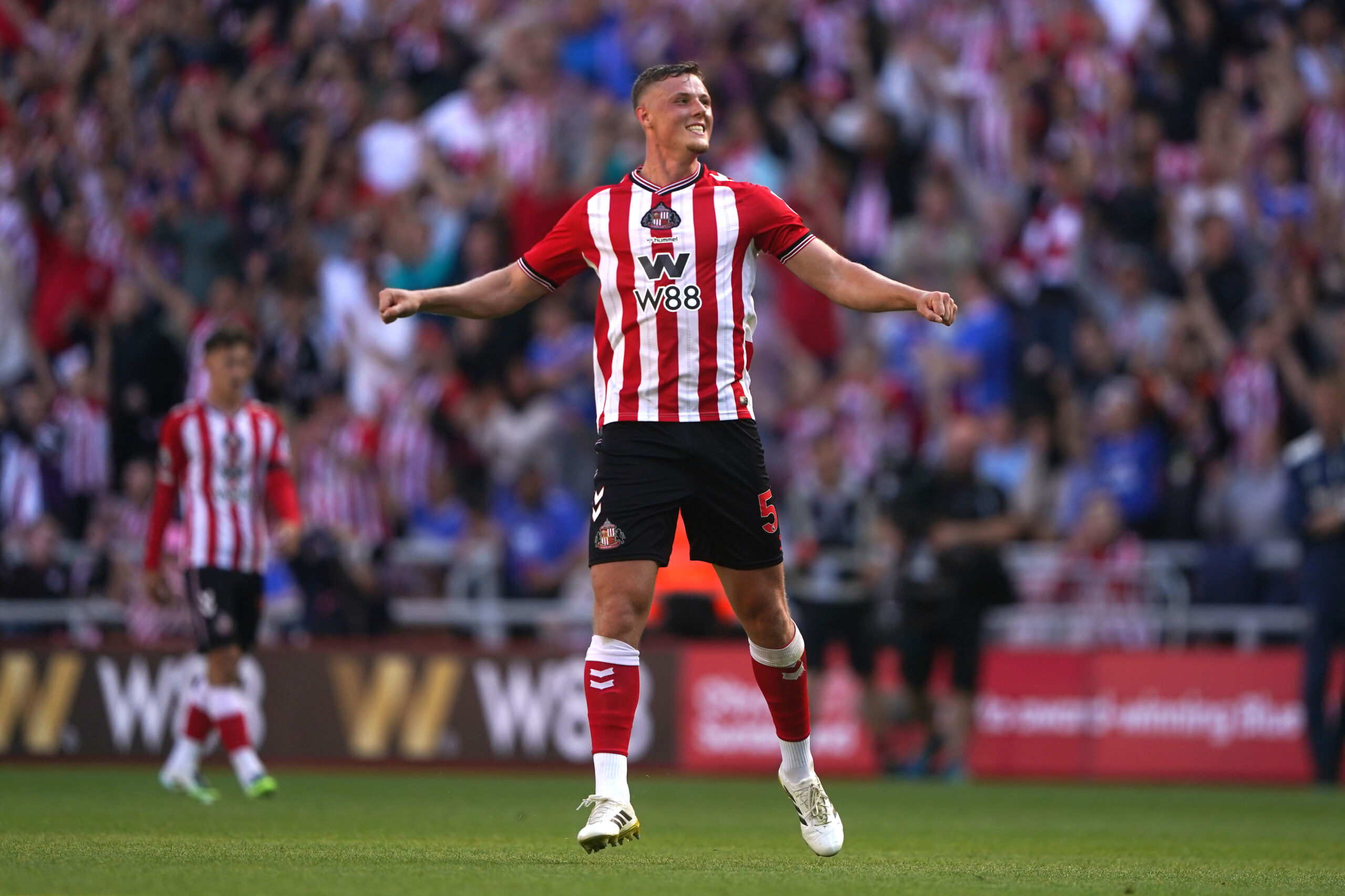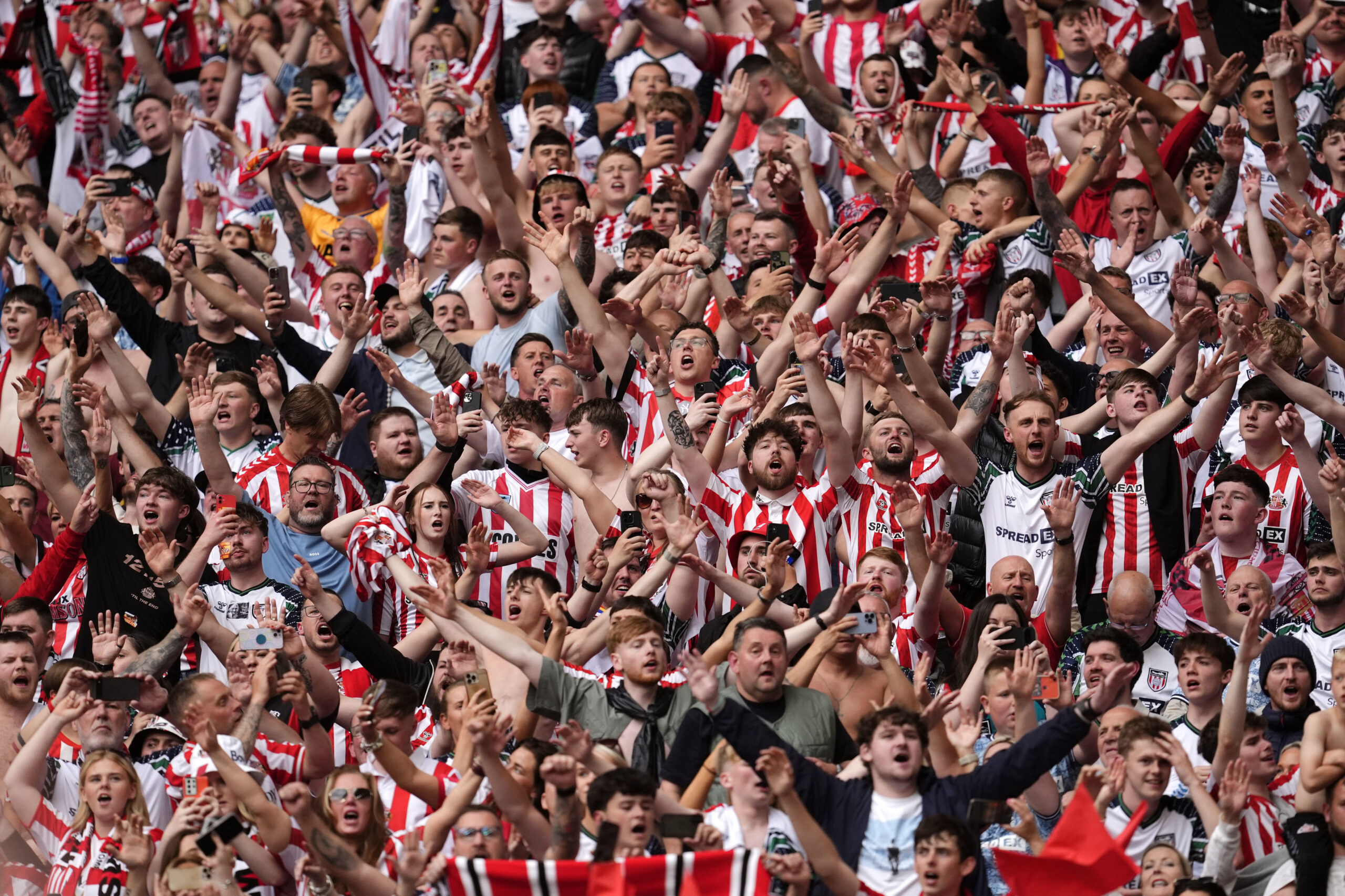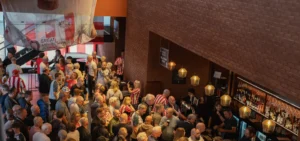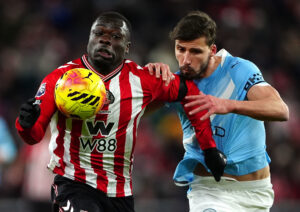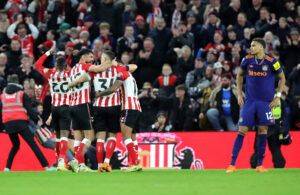Long after the players had left the pitch and supporters trudged out of the Stadium of Light for the first time in over a year, a distraught Grant Leadbitter took a moment to spend some time with his dad’s ashes and drink in an empty Stadium of Light, for what will surely be the final time in his career.
Leadbitter has been through a lot in both his personal and professional life over the years, but on a more trivial level, it just wasn’t meant to end like this, was it?
When the boy from Fencehouses returned to the Stadium of Light in 2019 as a man with many years’ experience under his belt, the script had already been written.
The lifelong Sunderland fan was to come home and ensure that we returned to the Championship at the first time of asking, before becoming a bit part player as Sunderland cemented their second-tier status the following year.
His farewell was supposed to come in a dead rubber tie against Preston North End where the veteran midfielder left the pitch to a standing ovation in the 75th minute with all in attendance safe in the knowledge that the club was making steady progress in their ultimate quest to return to English football’s top table.
It was not meant to end in an empty stadium, with Sunderland entrenched in League One for at least a fourth season.
In many ways, Grant Leadbitter’s story is perfectly aligned with that of his boyhood club since they were relegated to the third tier in 2018.
Of course, football is all about narrative, it allows Sky Sports to hype up overtly bland fixtures by discussing back stories, score settling, and it’s supposed significance to the upcoming game.
In Sunderland’s case, this was more relevant than ever as they embarked on only their second season outside the top two divisions of English football.
2018-19 was supposed to be the beginning of our redemption arc, out went most of the remnants of the old regime and in came another new dawn on Wearside.
Initially, our road to recovery appeared to be going smoothly, the new owners connected with the fans on an unprecedented scale, we were getting results on the pitch and travelling to the likes of Accrington Stanley and AFC Wimbledon was still a novelty.
Promotion that season would have been just the shot in the arm the football club needed after years of bumping along the bottom, the day out at Wembley for the Checkatrade Trophy final would have been part of the rebirth and helped cement Sunderland’s place as the best club at that level.
The revolution would even be televised as Netflix was all set to broadcast our rise from the ashes to homes all around the world.
Scenes of celebration as George Honeyman lifted the League One trophy and the reaction of fans all over the city would have been a modern day ‘Meanwhile Back In Sunderland’.
Alas, we all know how it all panned out and on reflection, our brief League One honeymoon period was based on one thing and one thing only…winning.
For all the talk of ‘having our club back’ and the narrative surrounding it, as soon as results off the pitch dried up, fans quite rightly became disheartened.
We are now two years further down the line from our first failed promotion attempt and the novelty factor has completely worn off.
The uncovered terrace at Accrington Stanley, the reverse snobbery of League One fanbases and entering the FA Cup at a stage where drawing the Metropolitan Police is a distinct possibility is enough to make the Dalai Lama want to stick the nut on someone.
This makes the task of the new ownership an uphill struggle, it is difficult to sell a long-term vision when the short-term goal overrides everything.
Sunderland is not a club that can operate sustainably in the third tier, there is a reason why clubs don’t tend to have 48,000 capacity stadiums and state of the art training facilities at this level.
Of course, it is encouraging to hear about the desire to change everything from our recruitment policy through to the structure of the youth academy but unless we get out of this league at the next available opportunity, these developments will be scant consolation.
Despite the medium to long term ambitions, the club very much remains in limbo, we have a Head Coach who the jury is very much still out on and a massive overhaul of players required to come in and hit the ground running.
There are logical arguments for and against retaining Lee Johnson, some would fairly argue that he should be given the opportunity to manage with a fully fit back defence with a full pre-season to get his ideas across to a new crop of players.
Equally you could say that Johnson has done little to rid himself of his ‘streaky Lee’ reputation and after eight years in management he is yet to lead a club to promotion.
Under our proposed new model, the Head Coach should, in theory, be the most interchangeable person at the club, so it will be interesting to see if the players are signed exclusively in Johnson’s image, or whether they are largely made to fit a new Sunderland ‘DNA’.
This opens yet more questions, particularly in the light of the retained list being published.
Ten players have either been released or returned to their parent clubs, uncertainty remains over Charlie Wyke and the likes of Will Grigg and George Dobson will have to move on before the start of the season.
While this provides an exciting opportunity to bring fresh impetus to the playing staff, it comes with its own risks, from day one the pressure to perform will be immense and if we start slowly, it could have big ramifications for the club.
If this happened, would we dismiss Johnson and bring in a new Head Coach who potentially didn’t fancy some of the new players?
No matter how good our long terms plans are, as long as Sunderland remain in League One, the club is in a state of purgatory, with an ever-growing conflict between short termism and long-term visions and a fanbase suffering from chronic League One fatigue and while we are down here, nothing but winning games of football will satisfy the supporters.
Years of chronic mismanagement has led to this point and despite the best intentions of the new owners, the short-term future of the club on the pitch remains even more uncertain than ever.
Michael Lough










